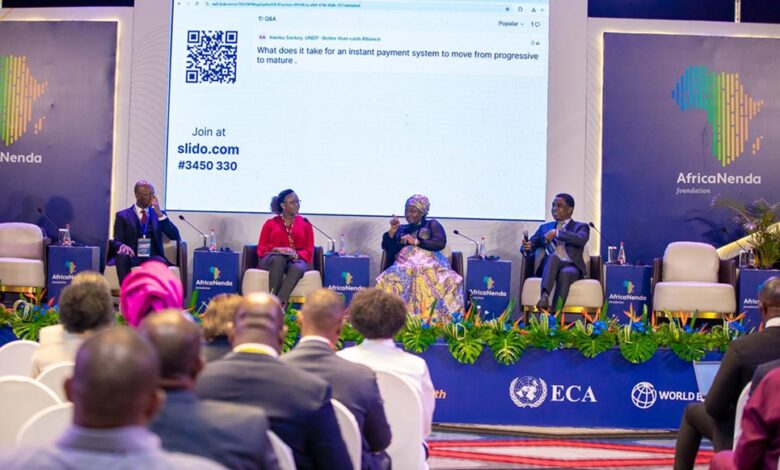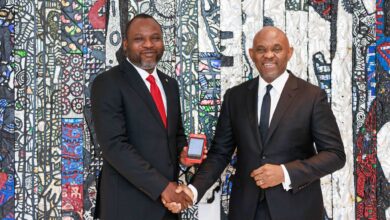Digital payments in Africa on the rise, but inclusivity remains a challenge

The volume and value of transactions processed through Instant Payment Systems (IPS) in Africa have grown by 37% and 39%, respectively, over the past five years, according to the 2024 State of Inclusive Instant Payment Systems (SIIPS) report.
The growth reflects Africa’s increasing adoption of digital payments, driven by mobile phone penetration, fintech innovation, and regulatory support.
However, the report reveals that no IPS has yet achieved full inclusivity—defined as systems that enable affordable, accessible, and transparent digital payment solutions for all, including robust consumer recourse mechanisms.
The SIIPS Report, launched in Accra in collaboration with AfricaNenda, the World Bank, and the United Nations Economic Commission for Africa (UNECA), highlights the transformative potential of IPS in fostering financial inclusion across the continent. With 31 active IPS in 26 countries and 27 more nations set to roll out similar systems, Africa is experiencing a rapidly evolving financial ecosystem with immense promise for underserved communities.
Challenges Persist for Vulnerable Groups
While IPS has expanded access to digital payments, women and vulnerable groups still face significant adoption barriers. Concerns about security, fraud, and unreliable networks remain prevalent. Fraud recourse mechanisms, critical for building trust, remain insufficient, particularly for women, who report feeling unsafe using digital payment platforms.
Accelerating Progress Toward Inclusivity
The report emphasizes the importance of expanding IPS to rural and underserved areas, with a goal of achieving universal financial inclusion by 2030. Dr. Robert Ochola, CEO of AfricaNenda, urged stakeholders to focus on delivering IPS solutions that cater to every citizen.
The SIIPS Report combines data from IPS operators, central banks, and consumer research across Algeria, Ethiopia, Guinea, Mauritius, and Uganda. It also includes detailed case studies from Mauritius, South Africa, Tanzania, and Zimbabwe, offering a nuanced view of IPS trends and barriers.
Expert Perspectives
Jean Pesme, Global Director of Finance at the World Bank, highlighted IPS as transformative tools that can close the gender gap in finance, boost financial resilience, and foster the growth of small businesses and digital economies. “Countries in Africa have made remarkable progress on fast payment systems, but more needs to be done to develop new use cases, promote fintech, and engage the private sector,” he said, referencing the World Bank’s Project FASTT initiative, which supports IPS development through technical assistance and knowledge sharing.
Stephen Karingi, Director at UNECA’s Regional Integration and Trade Division, reiterated UNECA’s commitment to supporting African states in building trusted and interoperable IPS to enhance financial inclusion and drive the African Continental Free Trade Area (AfCFTA).
Opportunities for Progress
The SIIPS report outlines several strategies for accelerating IPS inclusivity, including:
- Driving fintech innovation through licensing.
- Addressing gender disparities in digital finance.
- Developing cross-border payments infrastructure through interconnected IPS networks.
As more African countries integrate IPS into their digital public infrastructure, the continent is building momentum toward seamless cross-border payments and broader economic integration, aligning with the African Union’s Agenda 2063 vision for an integrated and inclusive Africa.




